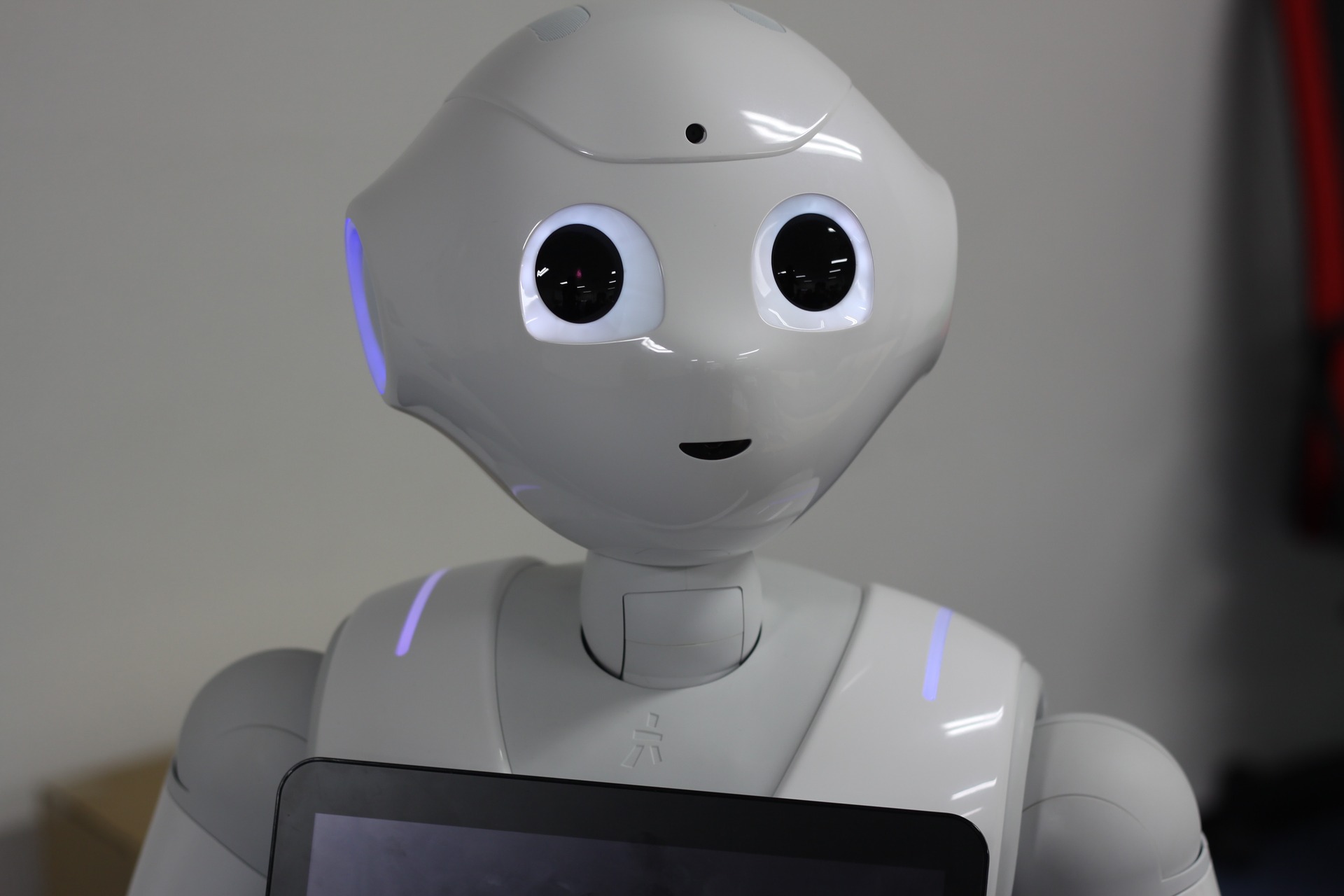Three ways robots might change the labor market

- Robotic teachers
According to Thomas Frey, senior futurist at the DaVinci think tank, students will learn from robot teachers over the internet by 2030. His vision includes a massively enhanced version of today’s open online courses, similar to those you might find with MIT OpenCourseWare. They’ll be bots, and will be smart enough to personalize each lesson plan to each child’s needs. However it’s still a matter of debate whether Artificial Intelligence (AI) can master the subtleties of language, thought, and reason within 14 years. It’s also unlikely that AI will replace traditional schooling, it’s more likely it will act as a tutor in a supportive role.
- The Fourth Industrial Revolution is coming
According to the World Economic Forum five million jobs are at risk from the Fourth Industrial Revolution, and it’s not only blue-collar jobs at stake. Although there are jobs under threat, there are also roles that will be needed more than ever. One suggestion is that instead of using a computer scientist to programme a robot on a production line, workers who were doing the manual task can instead train the robot, leveraging your employees’ expertise. It’s generally more cost efficient to retrain current employees to fill the roles of the future than it is to hire new ones.
- Does AI make the case for universal basic income?
As AI and machines increasingly replace human workers and traditionally stable jobs, a modest but regular income could stop people from fearing the future. Benoit Hamon, a French presidential candidate, argues it would free people’s time for family, the needy, and themselves. It could also encourage people to take risks, start businesses, and try new activities without the risk of losing welfare benefits.
IZA World of Labor on robots
Richard B. Freeman suggests that “with the appropriate policies, the higher productivity due to robots can improve worker well-being by raising incomes and creating greater leisure for workers.” He argues that the problem is not workers losing jobs to machines. As long as the relative advantage of machines varies, there will be work for humans. Rather, the problem is that the owners of the machines will receive the vast bulk of the benefits of the technological progress and the best solution is for workers to own large shares of capital.
Related articles:
Who owns the robots rules the world, by Richard B. Freeman
Innovation and employment, by Marco Vivarelli
Is unconditional basic income a viable alternative to other social welfare measures? by Ugo Colombino
See also our papers on the future of work.